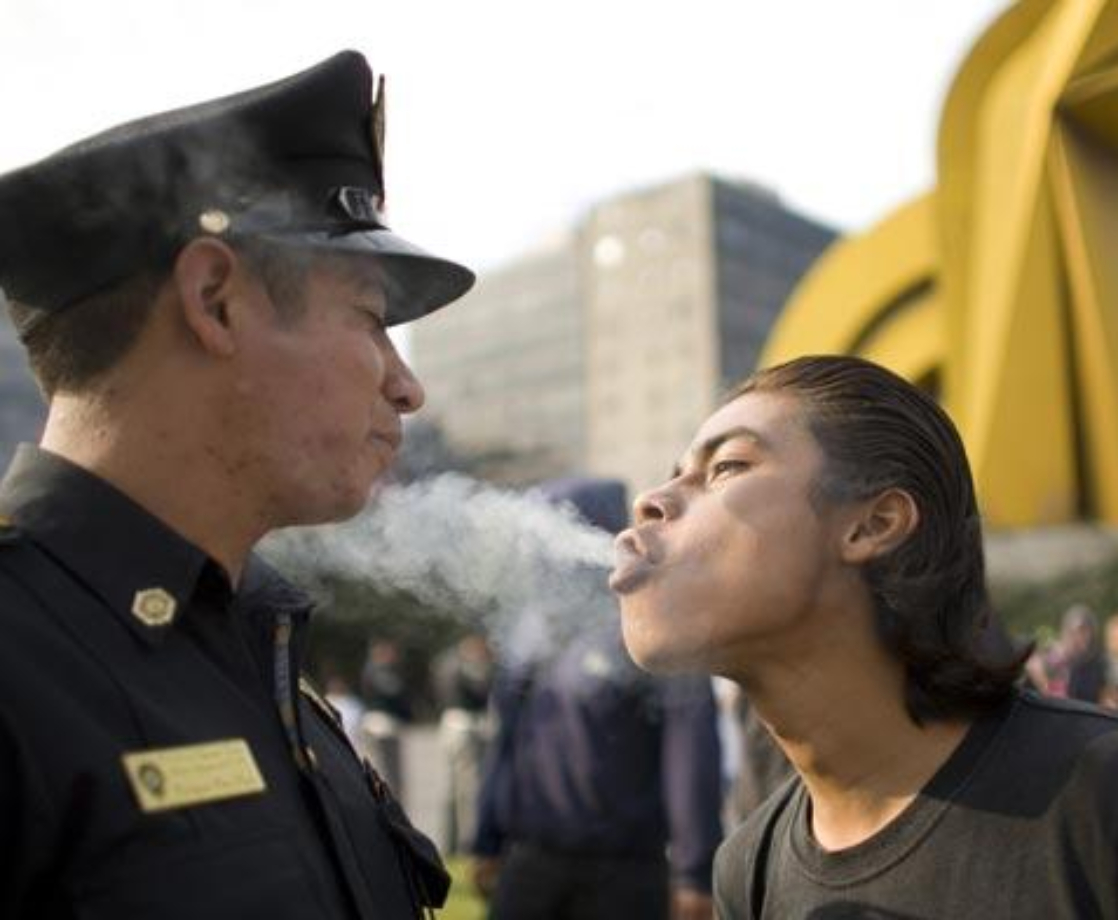Cover image via
In Connecticut, the country’s leading cannabis workers union has announced that it will open a marijuana worker training program before the state’s recreational industry even opens its doors. The launch highlights how important organized labor has become in the US cannabis industry, a push that is gaining major traction amid a gig economy.
“Now, there is a new wave of workers in the United States paving the way in a new industry, with its own pathway from apprenticeship program to career: cannabis,” wrote United Food and Commercial Workers Local 919 president Mark A. Espinosa, in an op-ed for CT News Junkie.
Cannabis unions have become a big deal. As more and more states legalize weed, they flipped the script when it comes to organized labor’s presence within the US retail industry. Last year, the sector saw the biggest growth in organized workplaces since 2004, due in large part to weed.
Industry regulations have provided an important assist in the movement to organize marijuana workers. Labor-peace agreements that prohibit an employer from taking sides in a union organizing drive have been written into marijuana industry regulations, largely at the UFCW’s urging, in cities in 11 states, two states, and Washington D.C. That’s critical because employer intimidation campaigns can often discourage workers from voting to organize in union elections.
Being part of a union can make a dramatic difference in a cannabis worker’s benefits and pay scale. A 2021 Economic Policy Institute report found that unionized cannabis workers of color can earn 32 percent more than their non-union peers.
The UFCW began organizing California workers in 2007, one year after the state legalized recreational weed. In 2011, the union launched its national campaign and says that as of last September, it represents over 10,000 cannabis workers. Some cannabis industry advocates said UFCW’s nationwide commitment helped to legitimize the cannabis legalization movement in the eyes of lawmakers. The organization backed employees of a Maine medical cannabis distributor in a dispute that led the National Labor Board to recognize the rights of cannabis workers for the first time in 2013. It has even offered an online cannabis business fundamentals program.
Cannabis is not the only psychoactive substance whose sellers are firing up the US labor movement. Workers have filed for union elections at over 100 Starbucks nationwide — and three locations in Buffalo, New York have already won the right to organize through the Service Employees International Union’s Workers United campaign.
In Connecticut, the UFCW has been accepting applications for its Connecticut training program since January from those interested in growing, selling, and transporting cannabis. Espinosa said, in a press statement, that the program intends to provide skills in the entire cannabis industry, from “seed to sale.” Simultaneously, cannabis business applications are being accepted by the state’s Department of Consumer Protection and cannabis social equity council, the latter established by Connecticut’s Senate Bill 1201, which legalized a recreational industry in 2021.
To learn more about the UFCW’s cannabis union, click here.
Follow Caitlin on Instagram, and catch her Spanish-language podcast Crónica on Spotify and Mixcloud.











